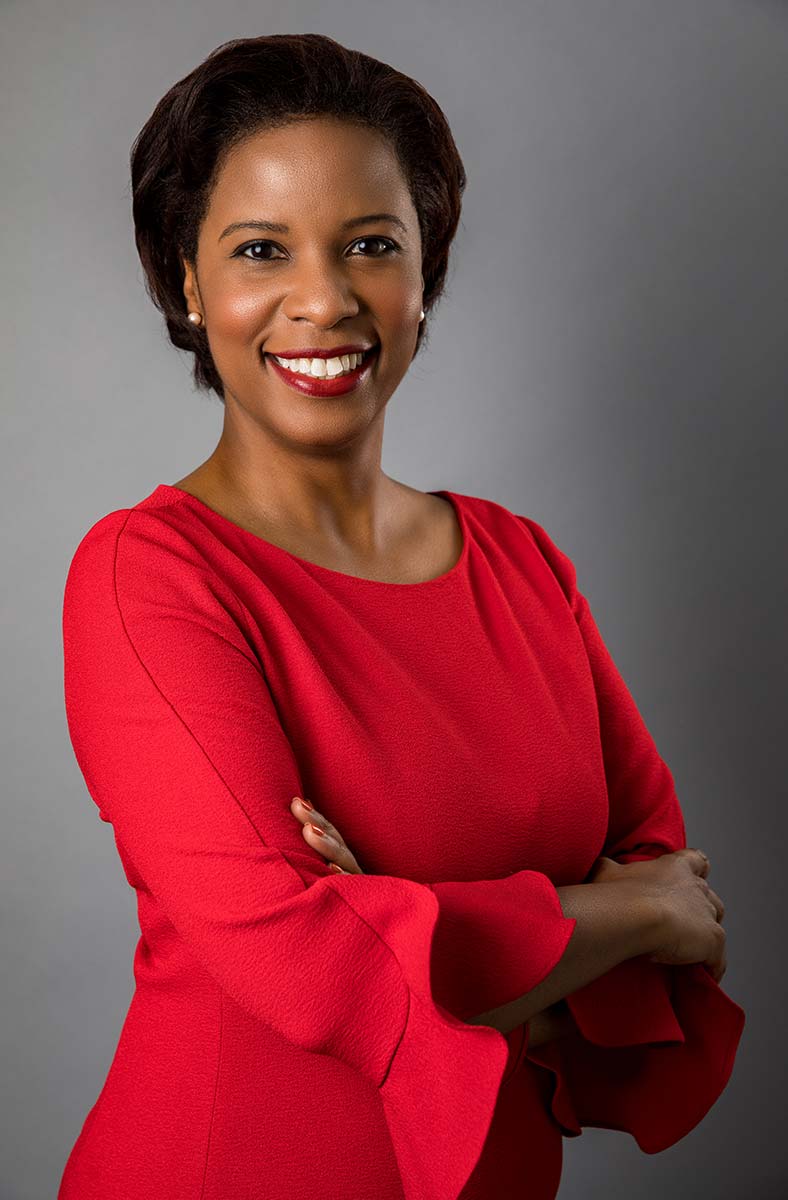Communication skills training refers to various types of training to develop necessary skills for communication. Effective communication is vital for the success in various situations. Individuals undergo communications training to develop and improve communication skills related to various roles in organizations.
Types of skill development
- Listening skills
- Influence Skills
- Responding to conflict
- Customer service
- Assertiveness skills
- Negotiation
- Facilitation
- Report writing; business and technical writing
- Public speaking, effective presentation
- Speaking skills
- Interacting skills
- Interviewing skills

Professional Communication Training and Support Services for your Future
Some Other Skills
- Communication Wellness
Job Interview Skills
Corporate Communication Skills
Reading and Written Language Skills Training
Speech Training for Better Communication
Interpersonal Character Development
Etiquette
How Can Communication Training Help You?
- Improves interviewing skills
- Improves speaking and listening skills
- Improves professional communication in the workplace
- Improves self-confidence and self-image
- Improves social interaction in the workplace
Social Communication Skills

There are rules for how we use language in different situations and with different people. Adults and children can have trouble with these social communication rules. Speech-language pathologists, or SLPs, can help.
Social communication includes three major skills:
Using language for different reasons, such as:
- Greeting. Saying “hello” or “goodbye.”
- Informing. “I’m going to get a cookie.”
- Demanding. “Give me a cookie right now.”
- Promising. “I’m going to get you a cookie.”
- Requesting. “I want a cookie, please.”
Changing language for the listener or situation, such as:
- Talking differently to a baby than to an adult.
- Giving more information to someone who does not know the topic. Knowing to skip some details when someone already knows the topic.
- Talking differently in a classroom than on a playground.
Following rules for conversations and storytelling, such as:
- Taking turns when you talk.
- Letting others know the topic when you start talking.
- Staying on topic.
- Trying another way of saying what you mean when someone did not understand you.
- Using gestures and body language, like pointing or shrugging.
- Knowing how close to stand to someone when talking.
- Using facial expressions and eye contact.
These rules may be different if you come from another culture.


Interviewing Tips
- Interview Preparation. Winging it is never worth it.
- Be on Time. There are very few (if any) excuses that will redeem a late arrival.
- Think Before You Speak. A well-thought-out answer is always better than a rushed one.
- Speak Clearly, Cohesively, and Calmly.
- Be Confident, Not Arrogant.
Contact Us
Our Addresses
- 3500 N State Rd 7, Suite 464, Lauderdale Lakes, FL 33319
- 5222 Andrus Avenue, Suite D, Orlando, FL 32810
- 333 17th Street, Suite T, Vero Beach, FL 32960

